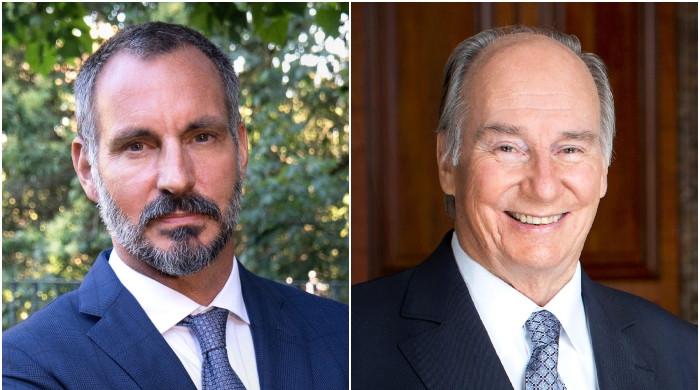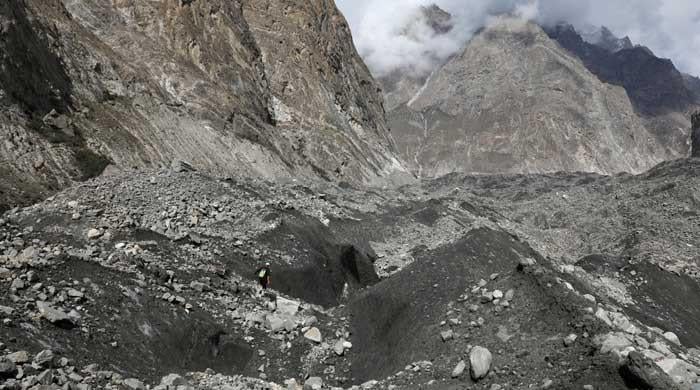I spoke up against my harasser and here is what happened
There is also a lack of understanding about what constitutes as an inappropriate verbal or physical contact
October 20, 2018
The stories are the same, collecting under #MeToo. But the way men and women are reacting to the painful testimonies of sexual abuse and harassment vary.
Across the border in India, in the past few weeks, the much delayed #MeToo movement has reached a boiling point. Survivors are speaking out against powerful men, including actor Nana Patekar and junior minister M J Akbar. Some of these men have been dethroned from prominent positions. Others are digging in their heels and lashing out at the women exposing India’s deep-rooted misogyny and patriarchy.
Till the writing of this Op-Ed, Akbar was forced to resign. He then filed a criminal defamation complaint against a woman who accused him of sexual misconduct on social media. I can empathize with the woman who is holding Akbar accountable, as I and my co-complainant are also facing a similar lawsuit in the courtroom.
I spoke up against my harasser, my former boss and the current affairs director, at the state-run news channel, back in January 2017 – a few months before the #MeToo campaign began.
It has been almost two years since. During this time, there was an internal inquiry, which, to be honest, was merely an eyewash. I was banned from entering the channel’s premises, even though I was hosting a talk show.
Eventually, I resigned. I was disheartened by the lack of moral support from within my organization. But the groundswell of encouragement from elsewhere kept me going. Women on social media, women I had never met, stood by me. They spoke up for me when I was bullied and threatened. (The director was later sacked but for reasons other than harassment).
Since then, several other Pakistani women have come forward to publicly narrate their own harrowing stories of sexual harassment. But the conversation for change is only happening on the social media. Majority of us, in Pakistan, are still in denial. We are still asking archaic and sexist questions about the women’s attire, her character and way of life.
Stop shaming victims due to their choice of clothes. Let’s not forget that children as young as five-years-old are sexually assaulted on a daily basis in Pakistan.
There is also a lack of understanding about what constitutes as an inappropriate verbal or physical contact. I remember after I went public with my story, men and women from my office would taunt me. They would pass remarks like, “We are afraid to even talk to you. You can make an issue out of anything,” implying that my complaint was an unnecessary burden on their work life.
Let me make this clear. No one, no woman or man, would want to go public with their story of harassment unless absolutely necessary to do so. No one wants to relive the pain.
And the trauma only begins, doesn’t end, with one going public. A common situation a victim, like myself and others who I know, faced is that when they don’t comply with the wishes of their bosses, they are handed down absurd assignments and made to believe that they will lose their jobs.
Every time women have spoken up, men ask for proof. This is absurd. No woman I know has kept a record of the unwanted sexual advances made towards her from childhood to adulthood. In fact, women are trained to avoid and brush under the rug any uncomfortable incidents. We would rather delete the vulgar messages and jokes sent to us, than keep them for record.
As for my case, two defamation lawsuits – criminal and civil – have been filed against us by the director. Hearings are held and then adjourned. In the meantime, the co-complainant in my case gave birth and had to ask for an exemption from court proceedings. Her husband, who stood by her like a pillar, has been attending the hearings in her place.
The journey for me has been an eye-opener on how the power game works, and how the judicial system is exploited to benefit men. These past few years have been tough for me, emotionally, financially and professionally. I have had to relive and retell my story to first a probe committee and then a courtroom.
I have been called many things in the past two years, a troublemaker, a liar. Let me tell them this: I am no coward and there is no turning back now for me or for the other women wronged.
Mazhar is a journalist and a TV anchor
Note: The views expressed are those of the author, and do not necessarily reflect the official policy or position of Geo News or the Jang Group.











